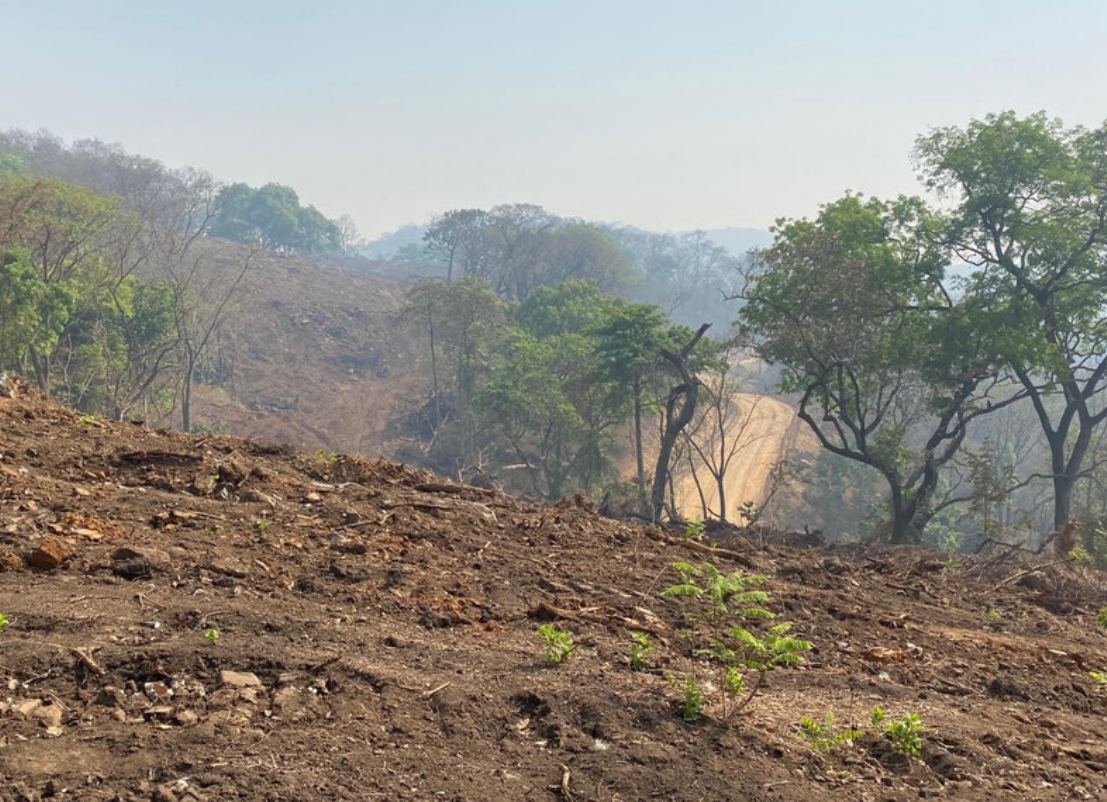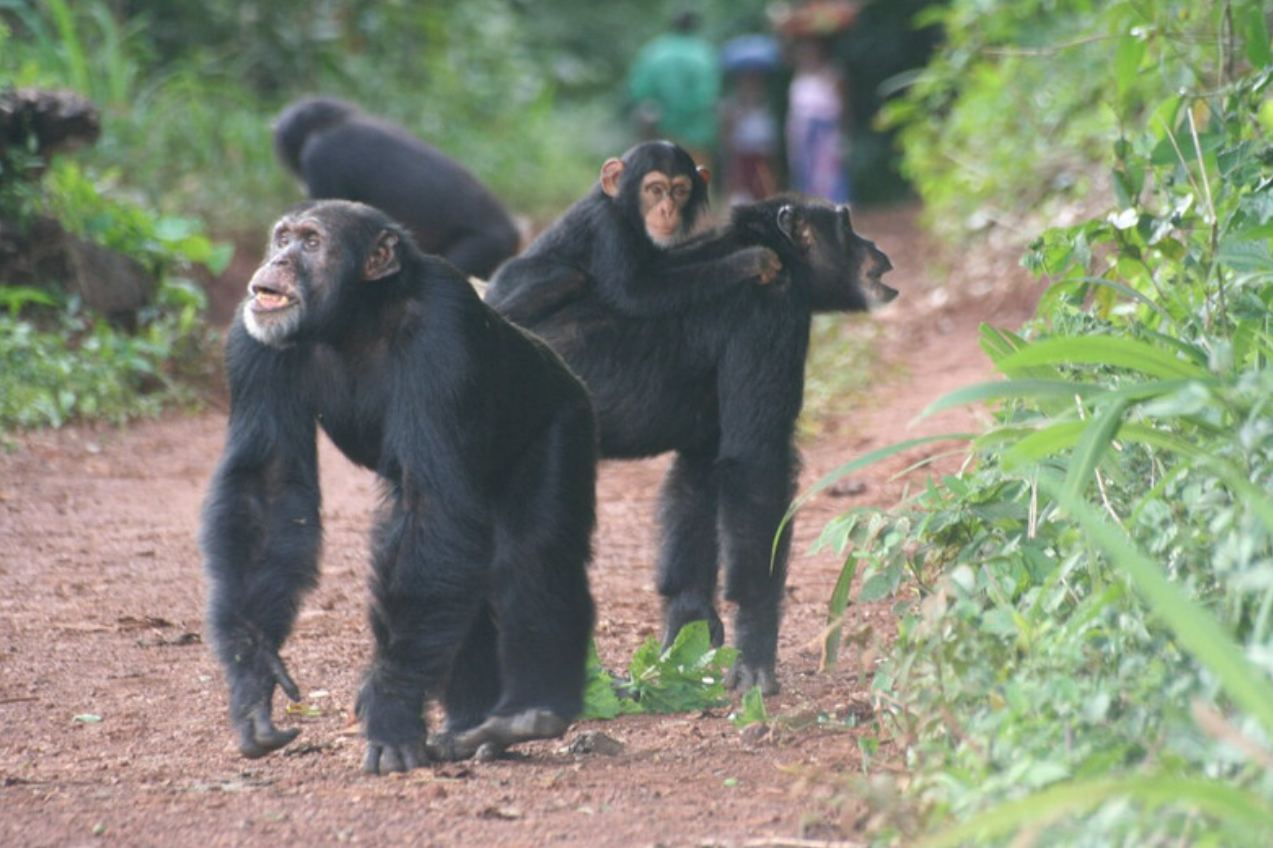As the rush for copper, lithium, nickel, cobalt, and other rare earth elements heats up, the impact of mining on Africa’s great apes may be even higher than previously thought.
New research has looked at where African mining areas overlap with great ape habitats and found that one-third of the continent’s gorillas, chimpanzees, and bonobos – around 180,000 individuals in total – are at risk.
Researchers at Re:wild studied mining sites in 17 African countries and worked out how they might impact local great ape populations, both directly and indirectly.
They included 10-kilometer (6-mile) buffer zones around each mining site to account for direct impacts, such as habitat destruction and noise pollution. Crucially, they also included a wider 50-kilometer (30-mile) buffer zone for indirect impacts linked to increased human activity near mining sites, such as new roads and infrastructure.
“Currently, studies on other species suggest that mining harms apes through pollution, habitat loss, increased hunting pressure, and disease, but this is an incomplete picture. The lack of data sharing by mining projects hampers our scientific understanding of its true impact on great apes and their habitat,” Jessica Junker, lead author of the study and researcher at Re:wild, said in a statement.

Chimpanzee habitat cleared for a railway to transport iron ore to a port in Guinea.
Image credit: Genevieve Campbell
The problem was particularly severe in the Western African nations of Liberia, Sierra Leone, Mali, and Guinea where there was the most significant overlap of mining and ape density. In Guinea, for example, more than 23,000 chimpanzees – around 83 percent of the country’s ape population – are set to be directly or indirectly impacted by mining activities.
Ironically, the current mining boom in Africa is being driven by the rapid growth of clean energy technologies. Rare earth elements, like cobalt and lithium, are vital for rechargeable batteries and other green technology that will play an invaluable role in the transition away from fossil fuels.
However, they come at a cost. These minerals are deposited beneath the Earth’s surface and require disruptive mining practices to obtain them, resulting in ecosystem destruction and Indigenous land grabs.
“Mining companies need to focus on avoiding their impacts on great apes as much as possible and use offsetting as a last resort as there is currently no example of a great ape offset that has been successful”, explained Genevieve Campbell, senior researcher at Re:wild and lead expert of ape conservation at the IUCN.

Chimpanzees walking along a human-made road.
Image credit: Tatyana Humle
“Avoidance needs to take place already during the exploration phase, but unfortunately, this phase is poorly regulated and ‘baseline data’ are collected by companies after many years of exploration and habitat destruction have taken place. These data then do not accurately reflect the original state of the great ape populations in the area before mining impacts,” she added.
The demand for so-called decarbonization minerals isn’t just set to impact wildlife; humans are also getting tangled up in this mess. On the Indonesian island of Halmahera, mining for nickel and cobalt threatens to wipe out an uncontacted tribe called the Hongana Manyawa, which means “People of the Forest” in their own language.
The new study is published in the journal Science Advances.
Source Link: A Third Of Africa's Great Apes Are Under Threat From Mining For Battery Metals